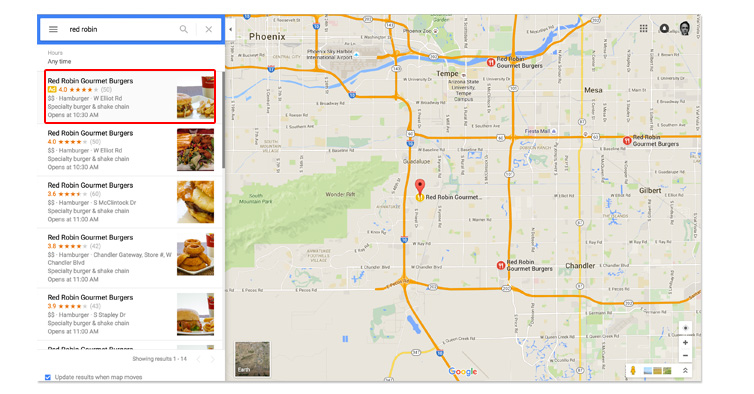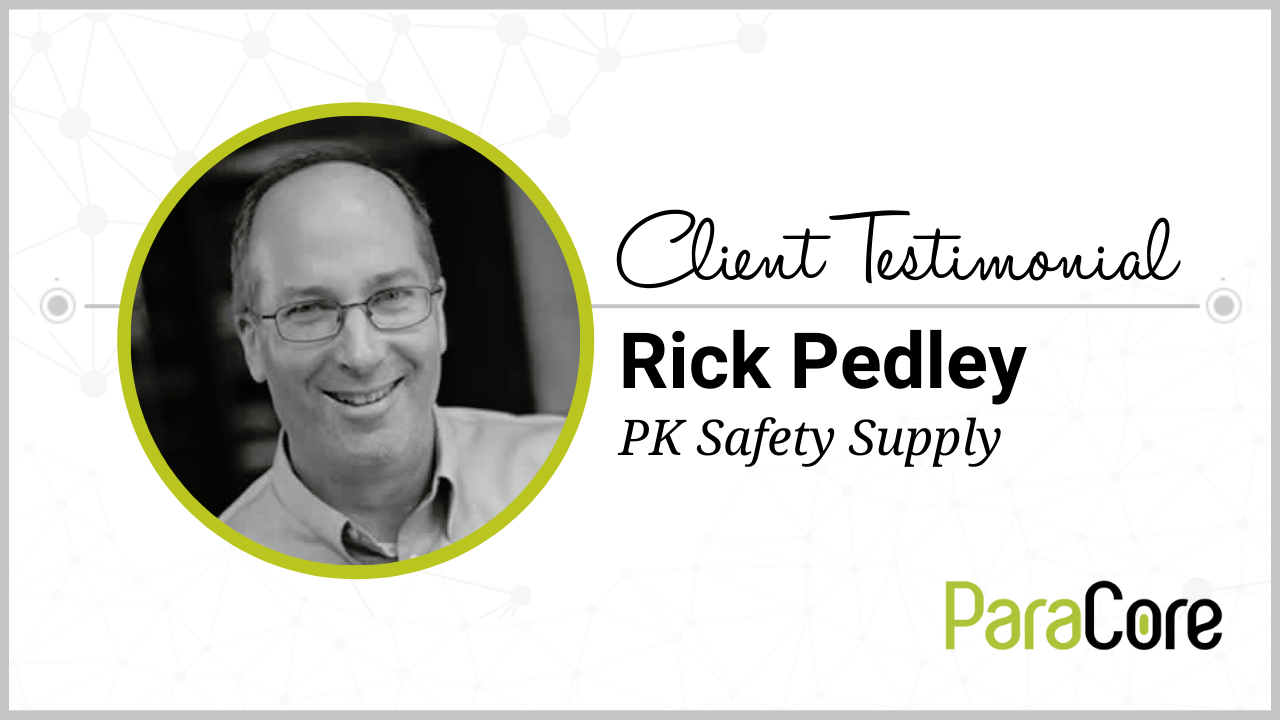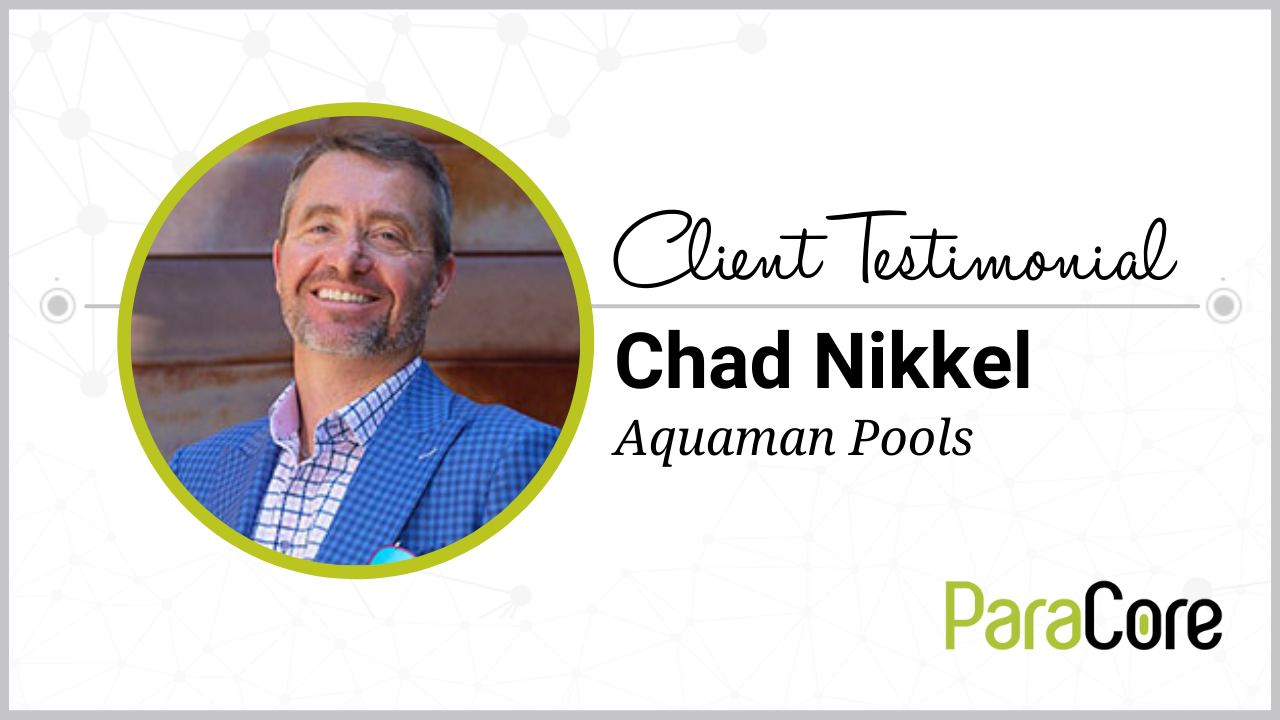Starting out with any new marketing channel can feel like a big leap. Will it get the results you want? Or will it fail to live up to your expectations?
Our team is here to help so you don’t feel like you’re flying blind when it comes to digital marketing.
Here’s what you need to know about the advantages and disadvantages of Google AdWords advertising so you can decide if it’s right for your business.
The top 3 advantages of AdWords
1. Immediate results
Unlike other forms of digital advertising and even some forms of PPC, AdWords starts working as soon as your campaigns are set up and approved. That means you can quickly see a boom in traffic and leads, even if you’re a brand new business.
2. A long-term solution
While you can see results quickly, the best results occur when you optimize your account over time. As your PPC team makes improvements to the ads, their goal will be to make your campaign more effective and lower your cost-per-lead and cost-per-acquisition.
If you’re working with a PPC agency, your relationship with them also will become deeper, and you’ll learn how to work together even more efficiently.
3. Unparalleled control
How do you want your business to appear on Google when someone searches for you? By using AdWords features to the fullest, you can control:
- How you want your ads to look
- Where on the page you want them to show
- Who you want to see the ads based on their location
- When they appear to your audience
Disadvantages of AdWords
It isn’t easy
Digital advertising isn’t something you can hand off to an intern. It requires knowledge and technical skills to develop a smart strategy, implement that strategy, and make frequent, informed improvements.
Without enough time and attention, your campaigns could lose money and fail to produce the results you’re looking for.
It takes time to optimize
Although AdWords delivers fast results, they may not be at the right price point immediately.
It takes time to build momentum and hone in on the right settings and bids that will turn your campaigns into efficient, lead-generating machines. But once you’re there, the returns are often worth the wait.
What types of businesses can benefit from AdWords?
Google ads can work for companies of many sizes and industries, but they’re particularly good for local businesses that solve a time-sensitive or location-based problem. Think plumbers, electricians, dentists, and other service professionals.
For instance, when someone’s sink starts leaking, what do they do? They Google plumbers in their area.
AdWords is perfect when you offer an on-demand solution like this because ads can be hyper-targeted. They will only appear to a specific group of people who fit your ideal demographic and geographic location.
You also can set your ads to show up on Google Maps so users see your brand when they’re searching for companies like yours.
Another reason small and mid-size businesses love AdWords (and PPC in general) is because, unlike SEO and many other marketing tactics, it doesn’t require a huge investment upfront or a long wait to see results.
Instead of spending tons of time and money, then crossing your fingers while you wait for months to see if it worked, you’ll see whether or not AdWords advertising makes sense for your business fairly quickly.
What types of businesses don’t find Google ads as effective?
Although Google AdWords works for many businesses, it isn’t right for everyone. Here are the businesses that tend to struggle with seeing a high return on their investment.
Businesses who rely on referrals and relationships
If you’re in a relationship-based industry or a B2B business that relies on connections and referrals, AdWords may not be the most effective tactic.
For example, most people who are looking for a realtor will ask a friend or colleague for a referral. Similarly, many business professionals who are on the hunt for a new product or service will ask their peers for a recommendation or turn to trusted industry leaders.
In both examples, the average customer uses their personal network – not a search engine – as their primary source of research.
There are still instances where PPC campaigns may be beneficial, but it may not be as profitable as other marketing tactics if most of your leads come from relationships and referrals.
Businesses with a low Customer Lifetime Value
Google AdWords isn’t usually as profitable for businesses with low price points. If each customer only spends a few dollars and doesn’t make multiple purchases, you may have a harder time making more than your cost-per-acquisition. (Read more about that here).
For instance, restaurants tend to struggle with AdWords because a customer who finds them online might spend $10-20 in a visit and return only once every few months.
If the restaurant’s keywords have a high cost-per-click or their cost-per-acquisition is higher than their average sale, this form of PPC may not produce the return they’re looking for.
Want to get your feet wet?
Whether you’re not sure if AdWords is right for you or you’re ready to jump in with both feet, our team is here to help. We’ll sit down with you for a free consultation, and if PPC is a good fit, we’ll help set up your account, create ads, and even give you a $100 ad credit to get started. Sign up for your risk-free trial.
Related Posts
- What Is The Difference Between PPC and SEM?
- PC Audit Handbook: How to Analyze Your PPC Campaigns
- The Best PPC Tools of 2022, As Told by PPC Experts
- Beginner’s Guide to UTM Tags & Tracking
- Generate Leads with Facebook Lead Ads
- Cost-per-click vs. cost-per-acquisition: Are you tracking the right PPC metrics?
- How Does Pay Per Click Work?
- Benefits of PPC
- Why Should I Invest in PPC?
- What is Google PPC Advertising?
- Facebook Retargeting Strategy
- Introduction to ManyChat
- Case Study: Return on Ad Spend Optimization
- 🎁🎄 Holiday Ad Spend Strategy
- Should You Be Running Branded Ads?
- SEO vs SEM
- CTAs for YouTube Ads
- Case Study: 258% Increase in Conversions
- Traffic Campaign Strategy
- No Captions on Facebook Ads or YouTube? You’re Killing Performance
- LinkedIn InMail Website Re-targeting
-
Glad we could help with that Sara! It might be worth looking into Facebook ads as an alternative. I wrote another blog on some of the differences here:
http://www.paracore.com/blog/google-adwords-vs-facebook-ads
Leave a Reply
You must be logged in to post a comment.







Thanks, this is really helpful. I appreciate that you said who it doesn’t work well for, because I am in that group, and I’ve been wondering if I should try Adwords, but now I can stop wondering and focus on something that will bring me better returns for my particular business.